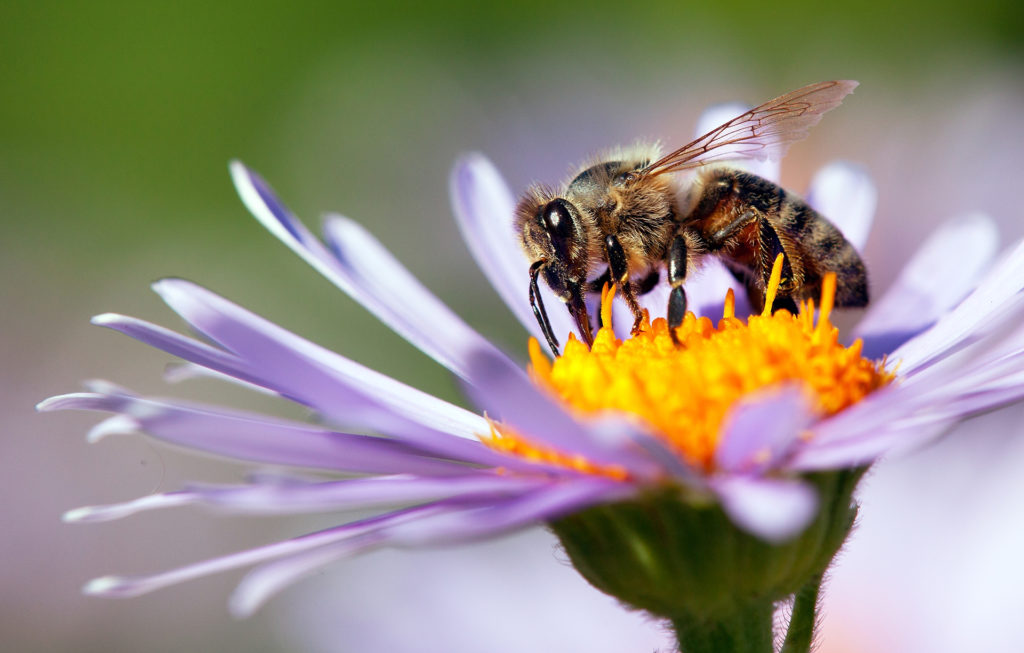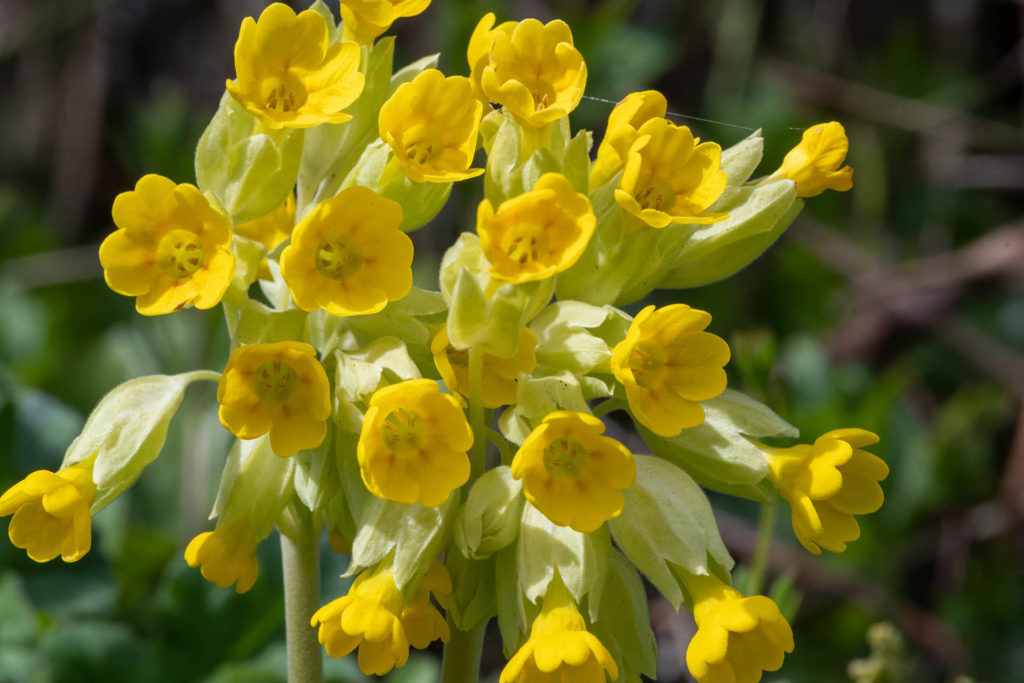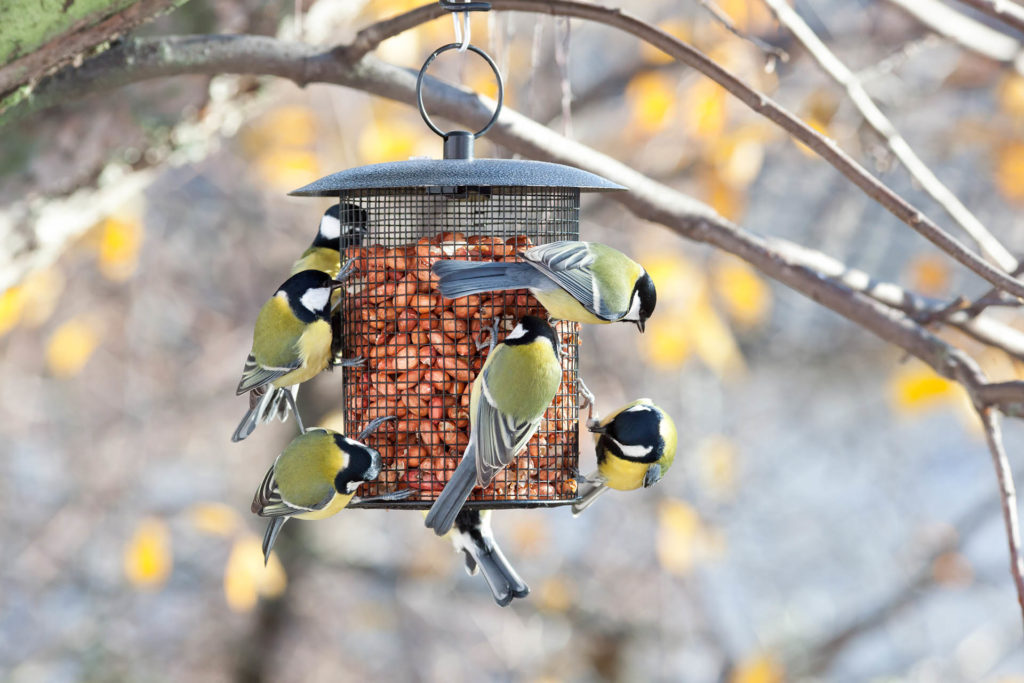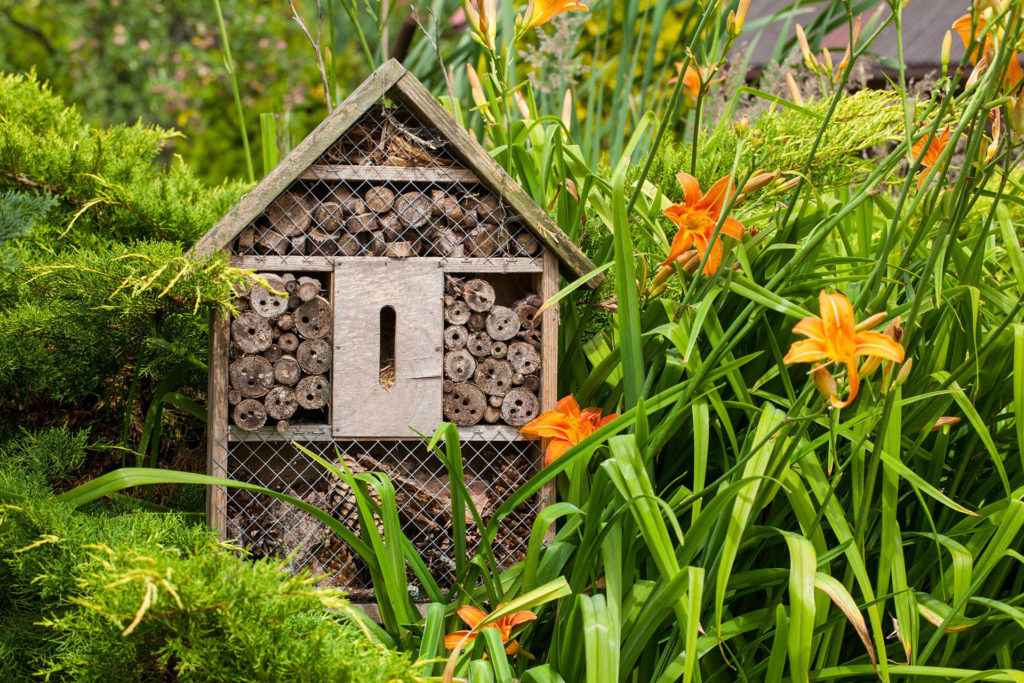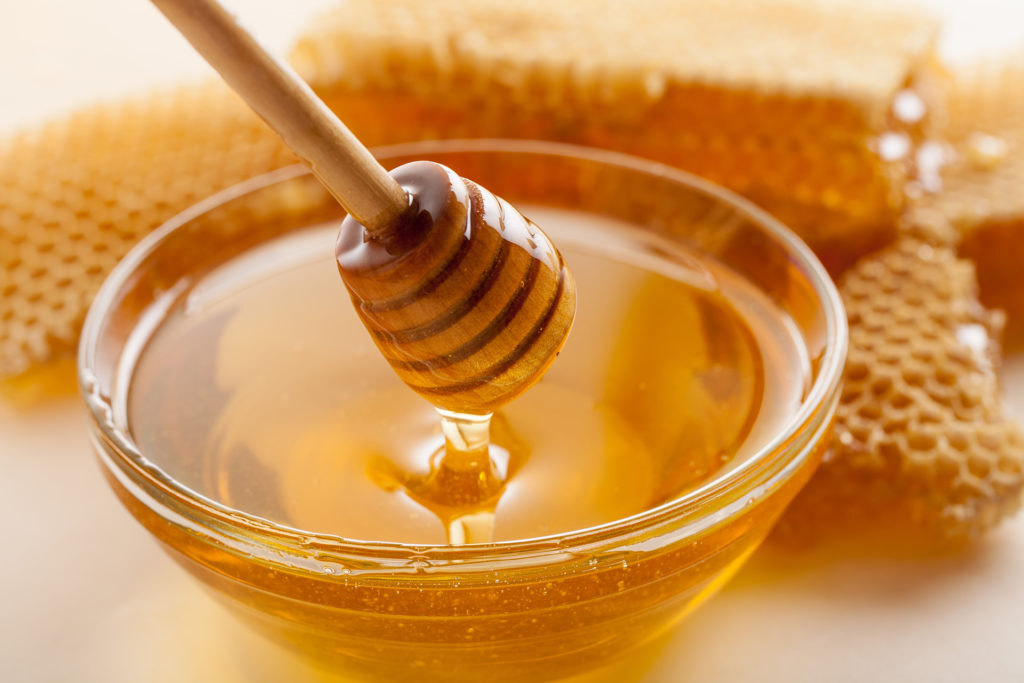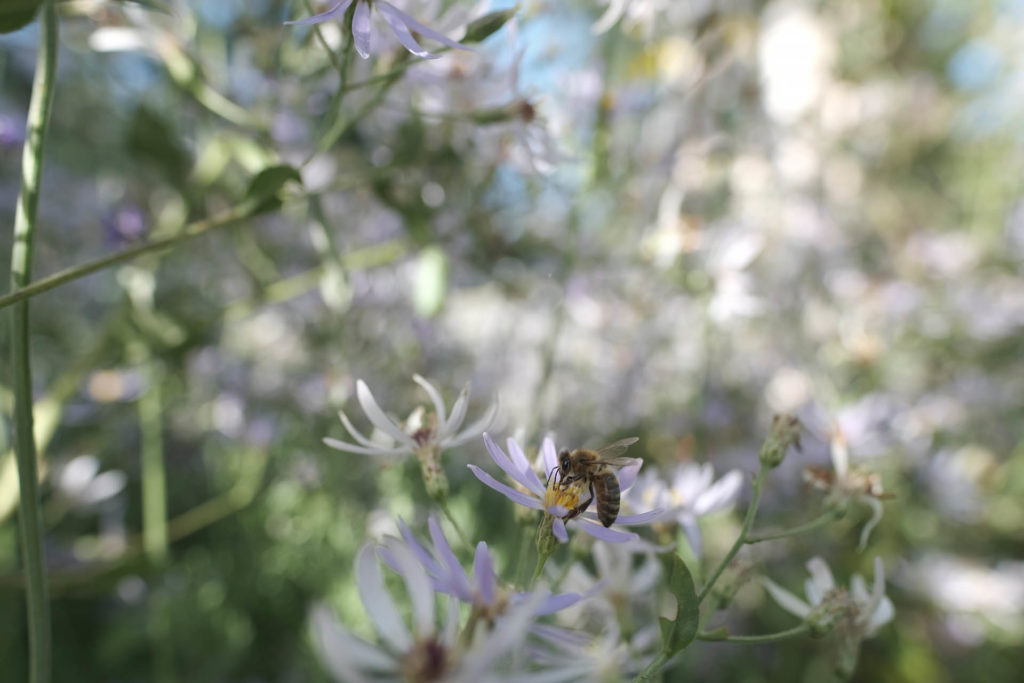10 Ways To Get Closer To Nature This Autumn
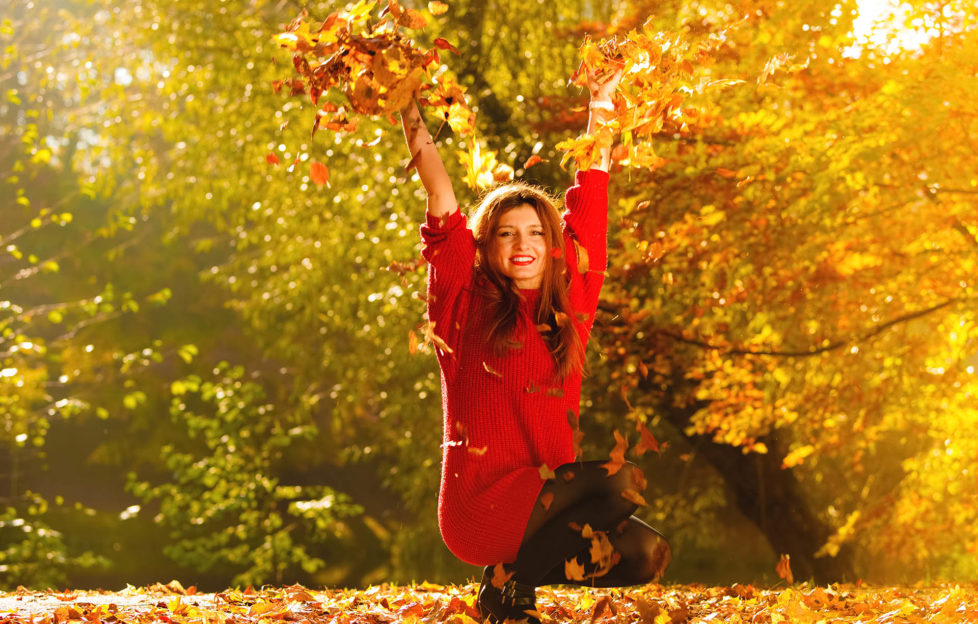
From feeling the fresh autumn breeze on your face, to watching the leaves gently fall, you may experience a natural ‘high’ when immersed in nature. Getting outdoors is a tonic for many, especially in the face of life’s obstacles, with evidence suggesting that natural environments boost healing properties for our mental and physical wellbeing.
And there is more to nature than the experience of being outside. It’s also about reaping in all the benefits nature gives us, from fresh fruit and vegetables to honey and beeswax. In fact, the incredible bees devote their lives to foraging in bountiful plants for nectar and pollen, as well as pollenating three out of four crops that yield food. That’s why, in addition to protecting the wonderous honey bees through its Hives For Lives programme of vital initiatives, the UK’s favourite honey brand, Rowse, is committed to spotlighting the power of nature.
Rowse has collated ways in which nature nurtures positive physical and mental wellbeing, with 10 simple tips to soak up some natural goodness in all its endorphin flowing, picturesque glory. Why wouldn’t you? There’s no other buzz quite like it.
There’s no need to travel far to enjoy impressive landscapes and feel the positive effects of nature – gardens and local green spaces can be just as good! The Royal Horticultural Society found that 57% of people value their gardens more than they did before the coronavirus lockdown, with 71% of those surveyed saying their outdoor space has helped their physical and mental health. Time and travel don’t come into it; happiness begins at home.
1 Plant wildflowers on a windowsill or in a special patch in your garden. Sowing the likes of Cowslip and Musk Mallow now will result in beautiful blooms come spring. The bees will thank you for it!
2 Grow wild — choose a little spot to let grass (ideally with weeds like clover and dandelions) grow longer; the increased nectar count in this area will be a haven for pollinators, like honey bees
3 Place a bird feeder in your garden, then enjoy your winged visitors contentedly pecking away. This is all the more important as we move into colder months
4 Build or buy a bee hotel in your garden to attract solitary bees. Better yet, your act of hive kindness increases their chance of survival
5 Watch the leaves on surrounding trees change to warmer hues
6 Appreciate nature’s treats, like honey, a rich amber nectar created by the little hive hero, the honey bee. In fact, it’s believed they make excess honey especially for us to eat!
7 Bring the outside in by adding natural design elements in your home, such as indoor plants, shells, or pebbles or natural beeswax candles
8 Get close to nature virtually; use apps like The Wildlife Trusts: Nature Finder, PictureThis or create your own digital garden
9 Position comfy garden furniture looking out onto a lovely view where you can enjoy wildlife spotting and the warm sun on your face
10 Grow your own produce, from fruit to vegetables and herbs. Dishes with a homemade touch will taste all the sweeter. At this time of year, Honey-poached Pear & Blackberry Porridge makes for a scrummy seasonal breakfast!
Connecting with nature helps us to unplug from daily life and focus on being present, which works wonders on our wellbeing. As gardening guru Monty Don said, gardens are ‘desperately important’ for nourishing our souls. So, by making the most of green spaces in your free time — no matter how big or small — Rowse Hives For Lives believes that basic daily encounters with nature will drive a deeper appreciation for the joy and respite that it offers. We are so lucky to live amongst nature, so we ought to take great care to protect natural spaces and our buzzing neighbours.

